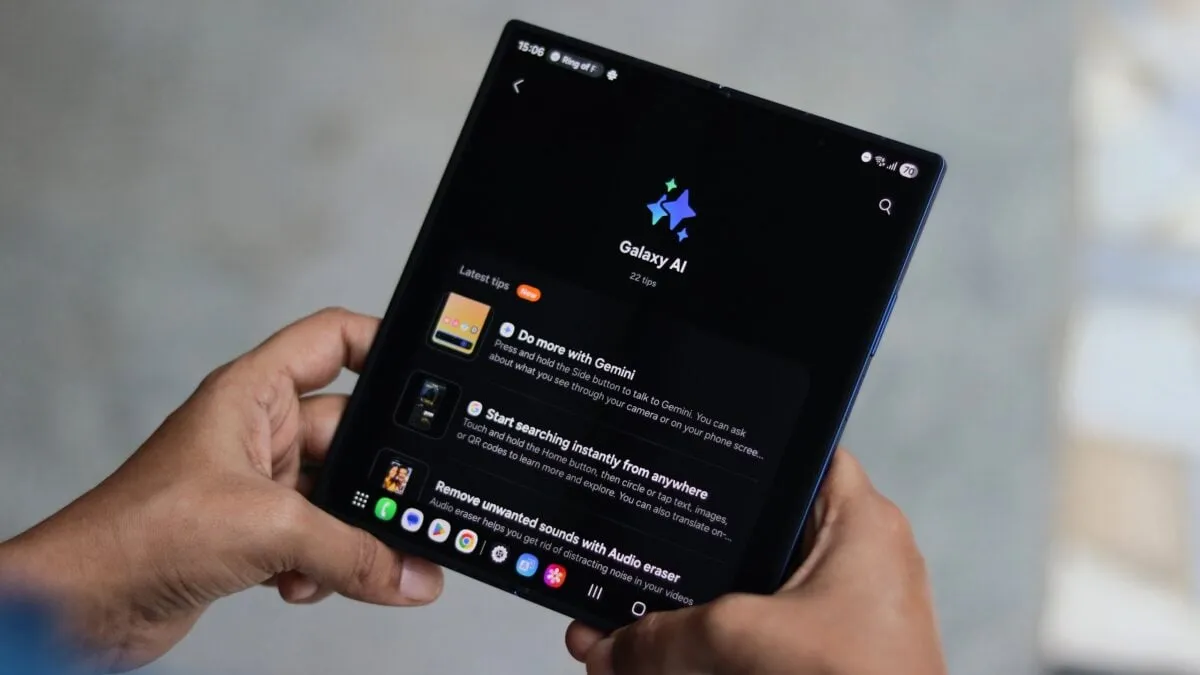
AT&T has a rich history with the iPhone, dating back to its initial launch in 2007. At that time, the carrier was known as Cingular Wireless and was the first to exclusively offer the original iPhone. This exclusivity lasted until 2011 when Verizon became the second carrier in the United States to sell the iPhone. Since 2007, AT&T has been a consistent partner for Apple, selling every iteration of the iPhone. However, as the smartphone landscape evolves, even AT&T recognizes that excitement alone will not propel the iPhone's success; instead, Apple must embrace the transformative power of artificial intelligence (AI).
Industry analysts and Apple enthusiasts have noted that the tech giant has lagged in capitalizing on the mobile AI opportunity compared to its competitors. For instance, Samsung was quick to adopt the "AI phone" narrative with the launch of its Galaxy S24 series, which introduced the robust Galaxy AI suite. This suite has progressively gained traction, enhancing the user experience significantly.
On the other hand, Apple's AI initiative, branded as Apple Intelligence, has faced several challenges. The company’s AI-enhanced voice assistant, Siri, has encountered delays, prompting Apple to seek assistance from companies like Google and Perplexity to realign its AI strategy. After the recent unveiling of the iPhone 17 series, AT&T's CEO, John Stankey, expressed that the era of “super cycles” surrounding the iPhone launch is over. Previously, these cycles were characterized by eager fans waiting in line to purchase the latest model as it featured significant technological advances and design upgrades.
In recent years, however, the excitement around such launches has diminished. This decline is not exclusive to Apple; it reflects a broader trend across the smartphone industry. Although flagship phones receive annual upgrades, the improvements in hardware are often minimal, lacking the groundbreaking advancements seen in earlier years. Stankey highlighted this shift, stating, “These are now becoming more software-driven devices.” He emphasized that as software capabilities improve, they drive user engagement and increase device usage.
The challenge for Apple lies in developing AI applications that can sustain interest in the iPhone beyond mere hype. Stankey pointed out the need for Apple’s efforts to be “unique to other AI tools or devices.” This sentiment resonates not just with Apple's customers but also with its investors who are eager to see the company reclaim its innovative edge in the AI landscape.
For carriers like AT&T, revenue primarily comes from service subscriptions rather than device sales. Popular devices from Apple and Samsung attract new subscribers who tend to remain loyal to their carriers, thereby generating ongoing upgrades, new contracts, and increased store traffic. However, with hardware improvements plateauing and customers holding onto their devices for longer, carriers are focusing more on enhancing software-driven experiences.
This emphasis on software innovation underscores the importance of AI in the mobile market. Manufacturers can deliver exciting new experiences that not only drive upgrades but also attract new subscribers. The pressure is mounting on Apple to not only keep pace with its competitors but also to redefine the standards for mobile AI. Historically regarded as a trendsetter, Apple now finds itself playing catch-up, particularly against Samsung in the AI arena.
As Apple considers potential partnerships with tech giants like Google or explores acquisitions of promising AI startups, the stakes have never been higher. The realization is clear: the next wave of innovation and consumer excitement will not stem from advancements in screen sizes or processor speeds. Instead, it will hinge on how seamlessly artificial intelligence can be integrated into the core functionalities of mobile devices. Compared to Samsung, Apple has significant ground to cover in this crucial realm of technology.